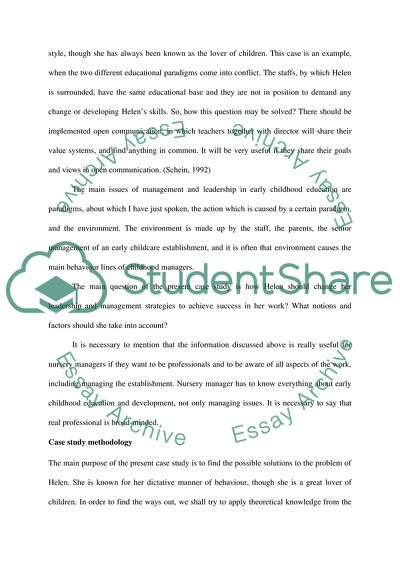Cite this document
(“Early Childhood Education Management Essay Example | Topics and Well Written Essays - 5000 words - 1”, n.d.)
Retrieved from https://studentshare.org/education/1536790-early-childhood-education-management
Retrieved from https://studentshare.org/education/1536790-early-childhood-education-management
(Early Childhood Education Management Essay Example | Topics and Well Written Essays - 5000 Words - 1)
https://studentshare.org/education/1536790-early-childhood-education-management.
https://studentshare.org/education/1536790-early-childhood-education-management.
“Early Childhood Education Management Essay Example | Topics and Well Written Essays - 5000 Words - 1”, n.d. https://studentshare.org/education/1536790-early-childhood-education-management.


